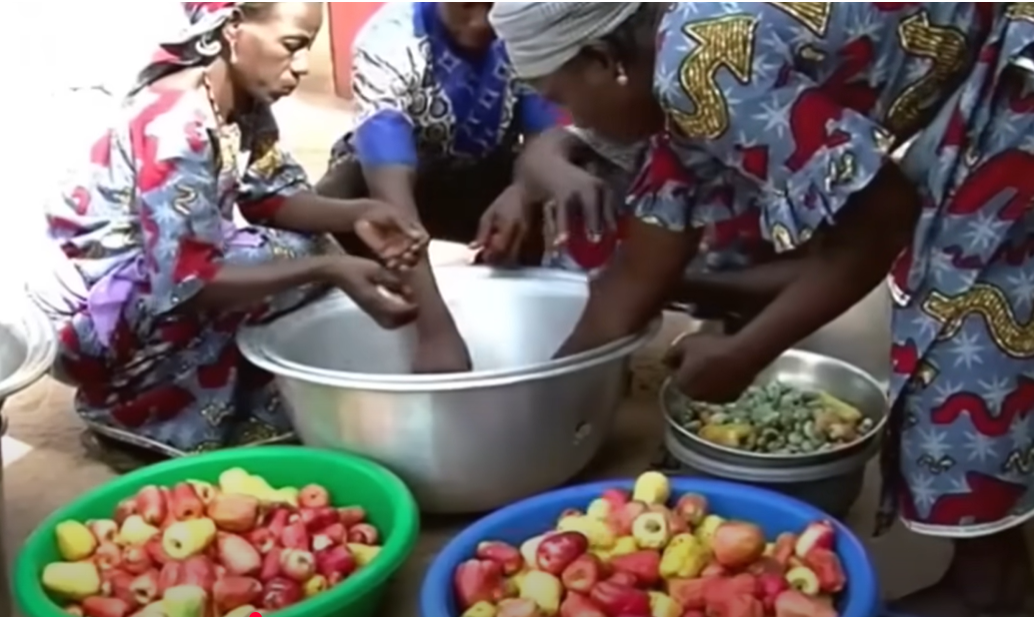**From Waste to Wealth: Burkina Faso’s $11.5M Cashew Plant Set to Transform Economy**

In a bold move that could reshape the agricultural landscape of Burkina Faso, a new $11.5 million cashew processing plant is rising in the town of Penny, not to glorify the well-known cashew nut, but to honor the often-overlooked cashew apple. For decades, this vibrant fruit, packed with more vitamin C than oranges, has been dismissed as waste, left to rot beneath trees while farmers focused on the more profitable nut. Now, with a visionary plan to process 5,000 tons of cashew apples annually into products like juice, wine, and vinegar, Burkina Faso is on the brink of a revolutionary economic shift.
The staggering statistic that nearly 400,000 tons of cashew apples go to waste each year has haunted policymakers and farmers alike. The country has long exported its raw cashew nuts, but the true value—processing, branding, and marketing—has remained firmly in foreign hands. The Penny facility, championed by President Ibrahim Traore and positioned in a historically overlooked rural area, aims to break this cycle of dependency. Here, the discarded fruit is not only being rescued but is set to become a symbol of national pride and economic resilience.

This innovative factory challenges the status quo of global agricultural systems that have long relegated African nations to the role of mere suppliers of raw materials. By processing cashew apples locally, Burkina Faso will not only retain a larger share of profits but also create new markets for premium products that cater to evolving global tastes. Cashew wine and artisanal vinegar could soon grace the shelves of supermarkets, transforming how the world views African produce and redefining the narrative of economic potential.
With projections indicating that the plant will inject over $867,000 directly into the rural economy annually through local cashew purchases, the implications are profound. Farmers will no longer be at the mercy of volatile international prices; instead, they will engage in a stable economic model that empowers their communities. This shift not only enhances economic independence but also repositions Burkina Faso as a significant player on the global stage, sending ripples through international trade dynamics.

However, the plant’s success depends not just on infrastructure but on a deep-seated cultural shift. For generations, Burkinabé farmers and traders have been conditioned to see their country as a mere producer of raw goods, with little belief in the potential for local transformation. As the machinery arrives in Penny, the real challenge will be to instill a sense of pride and ownership within the community. Farmers must evolve from producers to entrepreneurs, and consumers must learn to embrace local products as symbols of national identity.
As this groundbreaking factory begins to hum with life, it heralds a new era. It embraces the spirit of innovation and resilience, signaling to the world that Burkina Faso is ready to redefine its economic narrative. The cashew apple, once discarded, is now poised to become the centerpiece of a national transformation—one that could inspire other African nations to reclaim their agricultural narratives and elevate their roles in the global economy.
In short, the Penny cashew processing plant is more than just a facility; it stands as a testament to the power of belief, innovation, and the potential for change. As the world prepares for the launch of locally-produced cashew products, one thing is clear: Burkina Faso is no longer waiting to be told its worth. It is actively crafting its identity, one bottle of cashew juice at a time.

